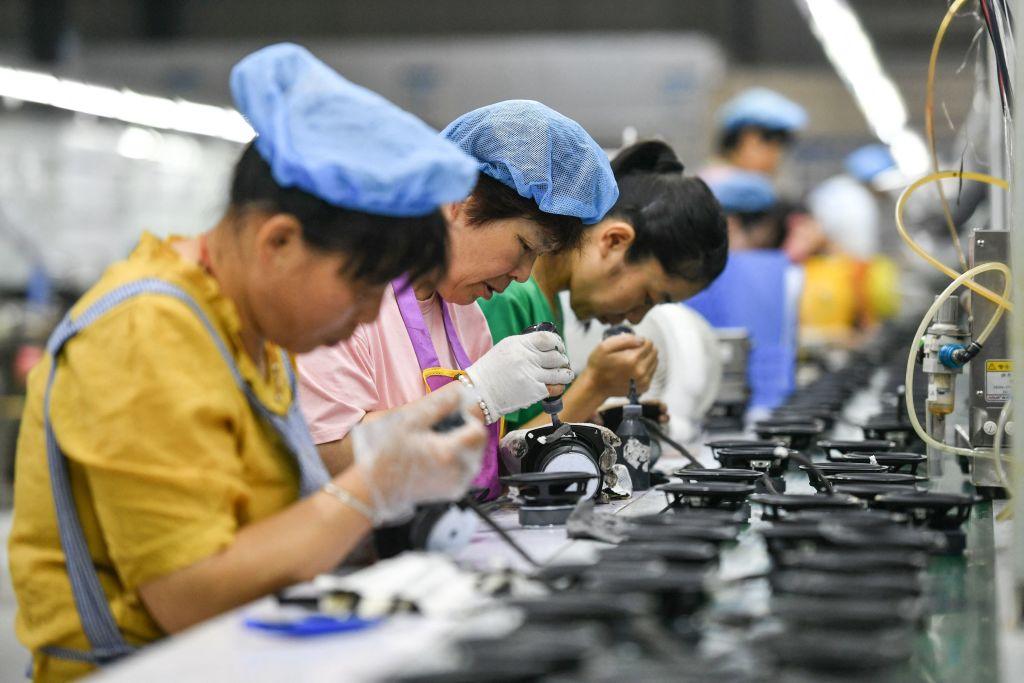The ruling Chinese Communist Party (CCP) has removed its 2021 restrictions on foreign investment in the manufacturing sector.
China observers believe that it’s the regime’s attempt to save its declining economy and a contingency measure forced on the regime by the current economic difficulties. However, they say the policy is contradictory to the CCP’s core emphasis on its political security, and therefore, in the long run, the policy change won’t have much effect on the economy.




